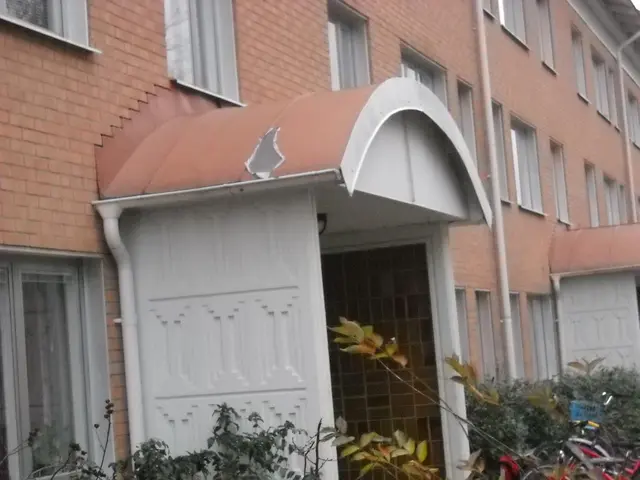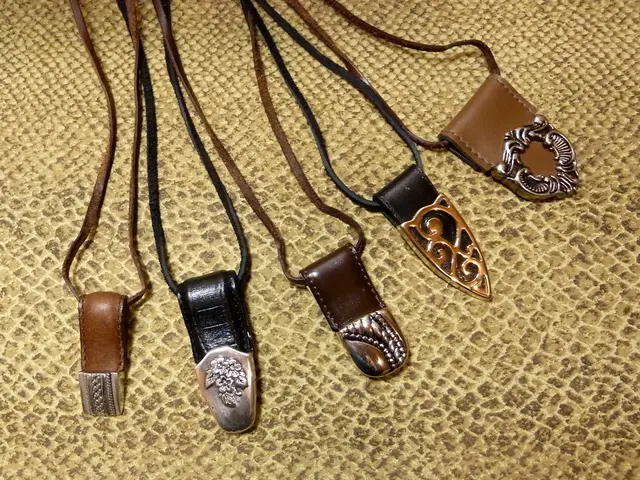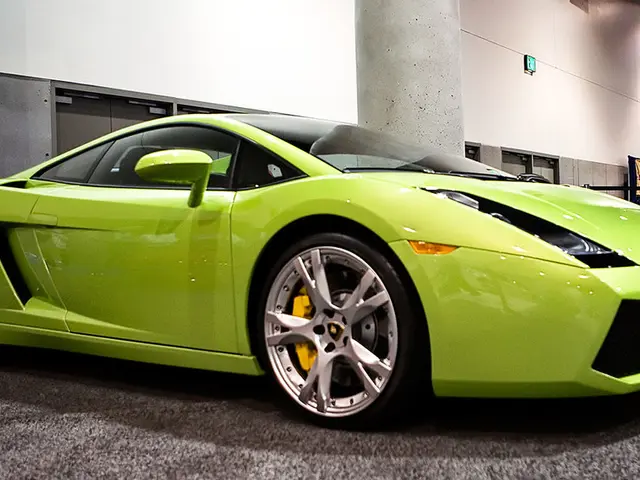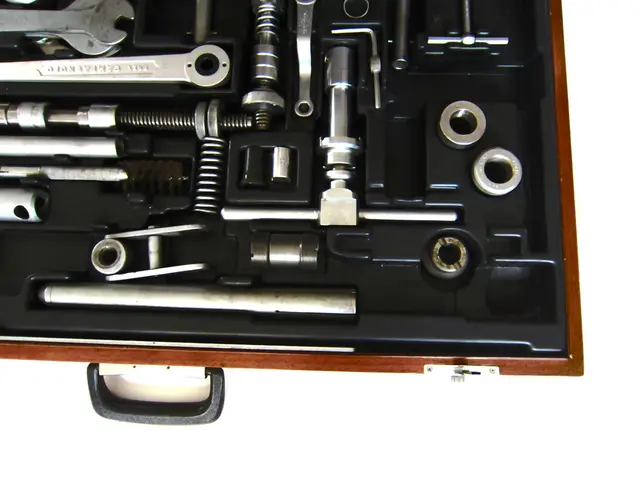Cars are unable to pass TÜV inspections due to minor flaws. - Cars experiencing mini-defects may fail inspection by TÜV, potentially posing safety concerns.
Article:Avoiding TÜV Inspection Mishaps: Keep Your Ride on the Road
Written by: Christian HensenApprox. Read Time: 3 Min
Every fifth car failed its TÜV inspection last year. Conveniently, only 67.8% managed to pass without a single hitch. But fear not, with a bit of proactive effort, you too can secure that coveted new sticker without the hassle of a re-inspection.
TÜV (and other inspection companies like Dekra or GTÜ) categorize vehicles based on four defect classes. The "no detected defects" group gets the sticker without a fuss. Others, however, may encounter minor issues like scratched mirrors or defective license plate lights. These are noted on the report but don't necessarily lead to a fail - just make sure to correct them promptly, no re-inspection required.
However, things take a turn for the more serious if tires are worn, brakes are busted, or parts are rusty. You'll have four weeks to sort out the issues before facing a re-inspection. During this time, the car can be driven, but proper certification upon re-presentation is a must for that shiny new sticker.
Matters become dire with "dangerous defects." If an inspector spots a flaw that "immediately endangers traffic or harms the environment," the sticker gets refused. A "dangerous defect" incident will require the vehicle to be driven home or straight to a workshop, and it can only be presented for re-inspection within a month.
The worst-case scenario occurs if the inspector finds an "immediate traffic hazard." The car may be immobilized on the spot, barring you from using it on the road immediately. Common examples include faulty brakes or steering systems, or severely rusted chassis.
Easing the TÜV Inspection: Tips and Tricks
Preventing a re-inspection and bagging that new sticker right away isn't rocket science. TÜV offers checklists, like this one:
- Are all lights working correctly, inside and out?
- Are all glasses (headlights, windows) undamaged?
- Do the windshield wipers and windshield washer work?
- Does the car brake as expected?
- Does the horn blast loud and clear?
- Is the engine compartment "dry"?
- How much tread is left on the tires?
- Are the warning triangle, vest, and first aid kit in the car, with valid expiration dates?
- Do any warning lights light up during a drive?
- Do you have all papers whenever you're tuning?
If everything checks out, the main inspection should sail through like a breeze. Better yet, if the vehicle's already at a workshop, they're more likely to spot and rectify any issues before the inspector drops by - avoiding the need to fidget through checklists.
There are other little quirks you might not anticipate, like the disdain inspectors have for removable blind-spot mirrors or films on front windows. Or that a missing sun visor in a convertible can result in a minor defect.
Related Terms:- TÜV- Car- Vehicle- Main inspection
[1]: "Website with TÜV tips and tricks"[4]: "Website with TÜV common defects and repairs"
- To ensure a smooth TÜV inspection, familiarize yourself with the community policy regarding vehicle maintenance and inspections.
- Vocational training in car-maintenance can help you understand the industry's expectations for car-condition, preparing you for successful inspections.
- Proper car-maintenance, such as ensuring all lights are functioning and the engine compartment is dry, can prevent trivial defects during TÜV inspections.
- Defective parts like worn tires or busted brakes can lead to re-inspections, but prompt repair can help you secure a sticker from Dekra or any other inspection company.
- It's essential to address dangerous defects immediately, as they can result in the refusal of the sticker or even immobilization of the car during the inspection.
- Living a lifestyle that prioritizes car-maintenance and the automotive industry can help you avoid mishaps during TÜV inspections, ensuring finance for transportation and peace of mind on the road.








